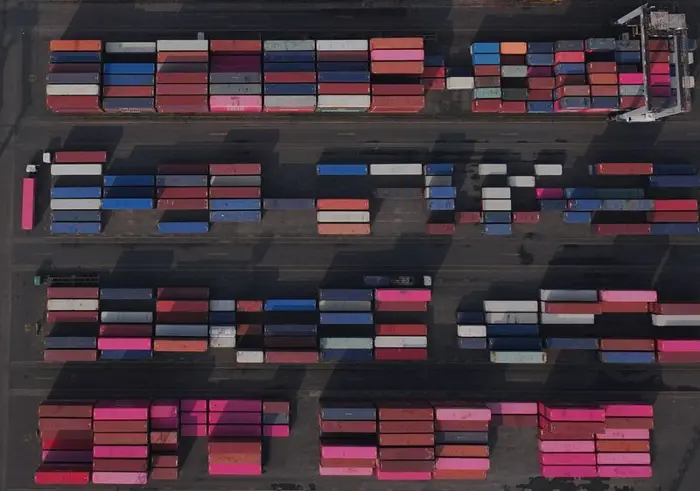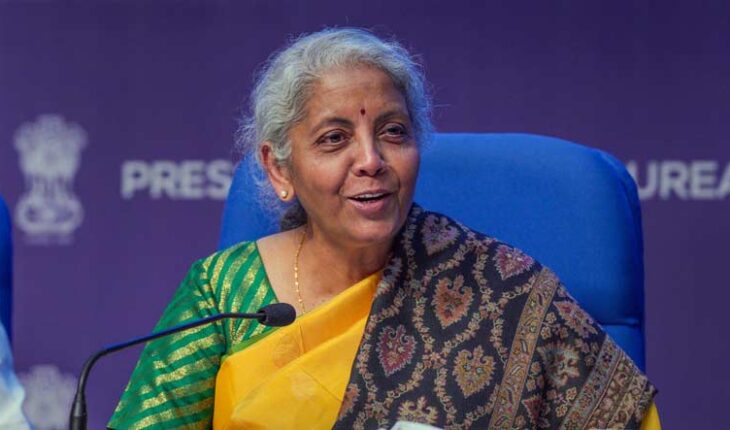In a significant move toward fairer trade and mutual prosperity, Indonesia has agreed to eliminate tariffs on over 99% of American goods and remove key non-tariff barriers that have long challenged U.S. companies. In return, the United States will lower its previously threatened tariffs on Indonesian imports from 32% to 19%. The announcement, made jointly by both nations, reflects a deepening commitment to stronger economic ties and market access.
Former President Donald Trump, who first mentioned the deal on July 15, described it as a “huge win” on his Truth Social platform, celebrating its impact on American workers, industries, and farmers.
More than just numbers and percentages, this deal represents a bridge between the world’s largest economy and Southeast Asia’s largest economy—Indonesia. With a population of 280 million and growing demand for advanced goods and services, Indonesia’s decision to embrace fairer trade practices is being welcomed as a progressive step forward.
According to the joint statement, both countries will continue refining the agreement in the coming weeks. The deal includes a wide range of concessions that benefit everyday lives on both sides of the Pacific:
-
No more tariffs on internet data: A relief for digital entrepreneurs and tech innovators.
-
A win for U.S. farmers: Removal of pre-shipment inspections that caused delays and losses for agricultural exports.
-
Cleaner roads and safer cars: Indonesia will now recognize U.S. Federal Motor Vehicle Safety Standards, making it easier for American vehicles to enter the Indonesian market.
-
Access to critical minerals: Restrictions on industrial commodity exports will be lifted, boosting production and innovation.
-
Support for global e-commerce: Indonesia pledged to renew its support for the WTO’s e-commerce moratorium, keeping digital trade flowing smoothly.
While the fine print is still being negotiated, the broader message is clear: this is more than a trade agreement—it’s a shared vision for opportunity, cooperation, and inclusive economic development.
This deal also signals hope for smaller businesses, farmers, and manufacturers who often feel left behind in global trade talks. By addressing barriers and promoting transparency, it opens a more level playing field.
In a world often divided by competition, this agreement reminds us that progress can come when countries choose collaboration over confrontation.




